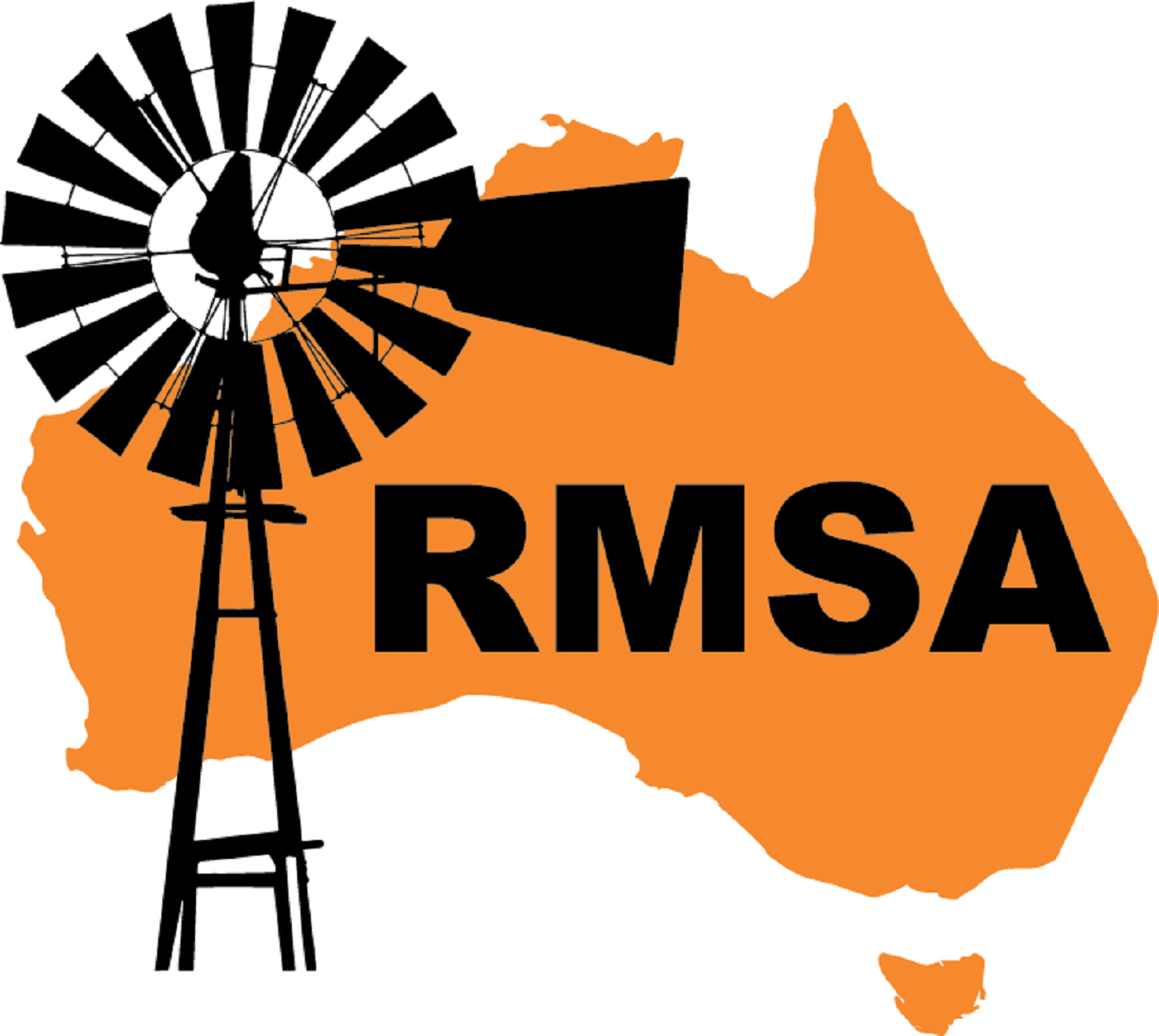The President of the Regional Medical specialists Association, Dr Peter Hughes, said today that unlike the Australian Medical Students’ Association, in their release of 30 March, the Regional Medical Specialists’ Association welcomes the announcement in the Budget of an additional 80 new medical Commonwealth Supported Places at rural campuses. However, he said, we share their concerns about the graduates of these programs possibly being unable to secure internships (and further training) on graduation as doctors.
For far too long Australian medical training has been dogged by “Geographical narcissism” (Dr Marco Giussepin, MJA Insight Plus 21 September 2020 https://insightplus.mja.com.au/2020/37/rural-health-time-to-end-geographic-narcissism/). Rurally-based internships and specialty training (including General Practice) have been looked down upon by metropolitan-based doctors with no experience at all of rural training or practice.
He went on to say that, in fact, rurally-based medical students and interns consistently express high levels of satisfaction with their experience, based on closer patient contact, better senior doctor supervision and the sheer breadth of their experience compared to narrow-focused city programs. It has also been acknowledged for over a decade by leading medical teachers that graduates of rurally-based medical schools and junior doctor training are not just as good as their city-based peers: they have broader experience and better-honed clinical assessment skills (Worley PS, Prideaux DJ, Strasser RP, Silagy CA, Magarey JA. Why we should teach undergraduate medical students in rural communities. Medical Journal of Australia 2000; 172: 615-617, and Mugford BV, Braund W, Worley P, Martin A. Rural intern training.Rural and Remote Health 2001)
In 2020 the Australian Medical Association (AMA) released a Position Statement entitled Rural training pathways for specialists. It opened by stating, “Australians deserve equal care regardless of where they live. A whole of government approach is required to review health service models, training pathways, and employment arrangements to better align medical workforce and training with community requirements.” The Position Paper then advocates:
- The establishment of formal, sustainable pathways to support specialist training in regional areas to meet the needs of rural and remote communities.
- Trainees on a rural specialist training pathway must be adequately funded for the entirety of the training program.
- This includes relocation payments for the trainee and their partner/family. Funding and support are also crucial in supporting trainees when they must return to the metropolitan training facility.
The Regional Medical Specialists’ Association recognises that the number of Australian medical graduates choosing General Practice is still falling, almost to crisis levels. However we also note that the number of Australian medical graduates choosing to undertake specialist training in rural and remote areas has not risen over the last 20 years. Currently less than 10% of specialist trainees are working in rural or remote areas, despite the fact the just over 30% of Australia’s population lives in non-Metropolitan locations.
Dr Hughes said that the Commonwealth should follow on from the excellent decision to increase rurally-based medical school places. All levels of government should work together to increase the opportunities for the graduates of these rural medical schools to continue their training, whether General Practice or specialist, within the communities from which they have been drawn. This is the challenge for future Commonwealth Budgets.
For further comment contact:
Dr. Peter Hughes
PO Box 5646, Port Macquarie BC, NSW, 2444
